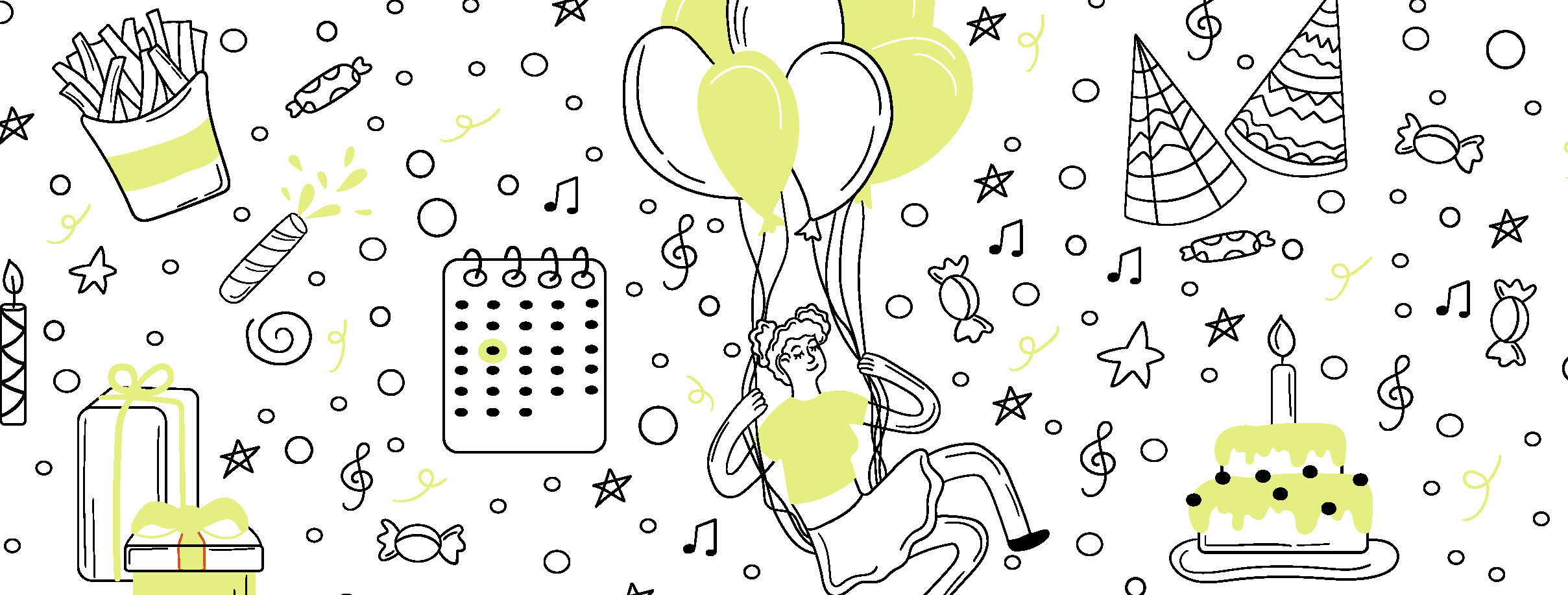
Eating out
Tips for eating out safely when living with a food allergy.
 Spending time with friends | Allergy UK | National Charity
Spending time with friends | Allergy UK | National Charity
Information and advice for a parent or carer of a young adult living with allergy.
Between ages five and 11, your child’s social calendar will explode. As the years pass, they will gradually start spending more time with their friends, without so much adult supervision. So it’s important to prepare them for this independence.
For food allergic children, eating at parties or any social event can be difficult to navigate. For the younger ages, as a parent, you will probably RSVP and ask if they can accommodate your child’s allergies, or suggest you’ll bring along safe food from home. As they grow older, this might become more difficult as invites become less formal.
To prepare your child you can:
If your child lives with hay fever and is attending a party outside during hay fever season:
Some physical activities such as swimming, ice skating, rollerblading etc. or even the excitement of going to a party or event, can be a trigger for allergies to worsen, especially eczema and asthma. Make sure your child has taken or applied their medications, and that they take rescue medications with them e.g. inhalers, antihistamines or emollients, just in case they experience a flare up on the day. Explain to the friends’ parent or caregiver what symptoms to look out for, so that they can remind your child to take action if symptoms start to appear.
When visiting or sleeping over at a friend’s house, your child will be navigating new surroundings and be away from home for longer than usual.
It’s important that you explain your child’s condition to the friend’s parent/carers, what to do in the case of an emergency and risk of cross contamination (if your child has a food allergy). To give your child a sense of responsibility when visiting or staying over, you could:
Your child might be invited to go along with their friend’s family for dinner or a day out. Always make sure the parents/carers are fully aware of your child’s condition and what to do in the case of an emergency. To encourage your child to think independently about their allergy, you could:
Sanofi UK has provided a financial contribution to the production of this digital destination but has had no editorial input into the design, content or other outputs.
It is important to Allergy UK that we can engage with all people that are affected by allergic disease
Join our mailing list



